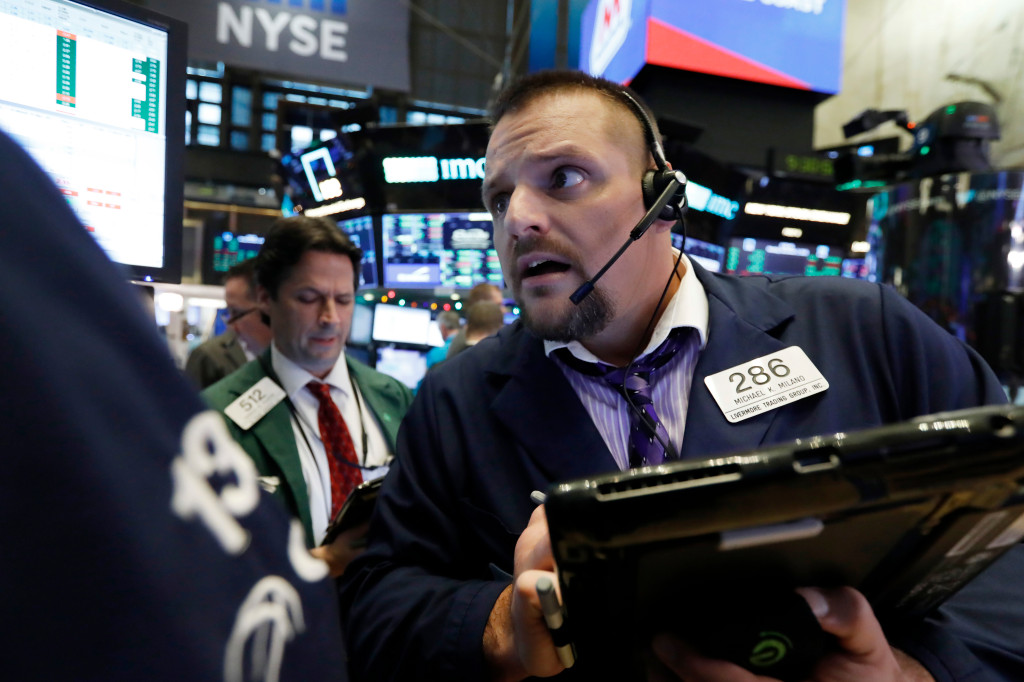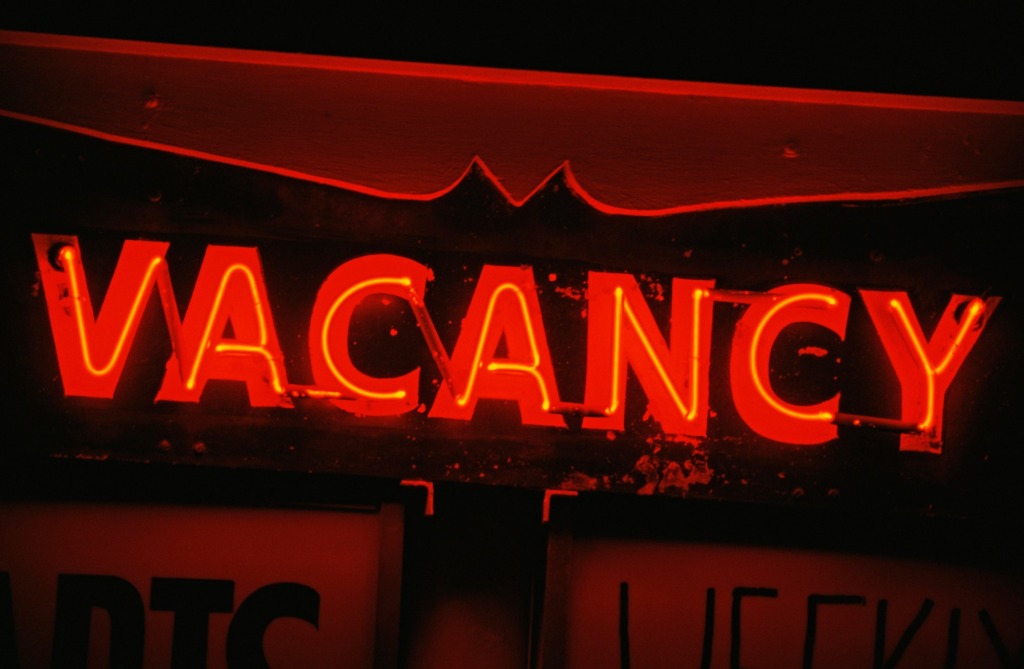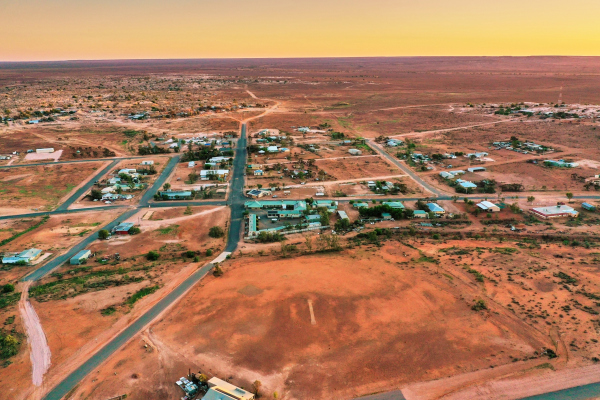There are nearly two weeks to go until fall changes to winter — but when it comes to stocks, the season of discontent is already upon us.
No one wants to call it a “panic,” but what has taken place in the U.S. stock markets over the past week has been enough to make even the most Scrooge-like of investors write letters to Santa asking for better days on Wall Street. Beginning Monday, every major market gauge delivered nothing but coal.
Investors had only four days of trading due to stock markets being closed Wednesday for the state funeral of former President George H.W. Bush, and shortening this particular week was probably a blessing.
From Monday, the first day of trading in December, to the stock markets’ closure Friday, the Dow Jones Industrial Average fell 1,390.62 points, or 5.4 percent, to finally settle at 24,388.95. The other two major stock market trackers didn’t do any better; the broad-based S&P 500 ended the week down by 5.6 percent, and the tech-heavy Nasdaq Composite Index slumped by almost 7 percent.
“I see a lot of uncertainty,” said Sam Stovall, chief investment strategist at CFRA Research. “Investors want to sell first and ask questions later.”
On Friday, the Dow Jones dropped 558 points, or 2.2 percent; the S&P 500 fell 2.3 percent to 2,633.08, and the Nasdaq Composite index tumbled 3.1 percent to 6,969.25.
“You now have a lot of industries that are in negative territory for the year,” Stovall said. “Energy, communications services and materials have done poorly, while some like healthcare and utilities have been strong. We’re seeing a lot of people dumping their dogs now.”
Fears of a possible recession have been stoked by trade tensions between the U.S. and China. President Donald Trump has continued to threaten to slap a new 10 percent tariff on goods imported from China.
Last week, when Trump and Chinese President Xi Jinping announced a 90-day cooling-off period, it seemed like investors could put those fears to rest.
That honeymoon was short-lived.
To further complicate U.S. and China trade negotiations, Meng Wanzhou, chief financial officer of the Chinese tech giant Huawei, was arrested Wednesday in Canada and is expected to be extradited to the U.S. to face charges that she violated American sanctions against doing business with Iran.
One of the Bay Area companies often cited as suffering the most at the hands of U.S.-China trade war is Apple. The company’s iPhones so far have dodged tariffs placed on goods imported from China. Before the truce, Trump said that he might impose a 10 percent tariff on iPhones, which could, in effect, lead to higher prices of the phones in the U.S.
Apple shares fell 8.7 percent for the week, and the iPhone maker wasn’t alone among leading Bay Area companies whose stock prices took a bruising.
Facebook fell 4 percent, Cisco Systems shares gave up almost 4 percent, Intel slumped by 7.5 percent, Netflix fell by 9.6 percent, and Google parent Alphabet ended the week down by 8.4 percent.
“In my opinion the market is still 20 percent to 30 percent overvalued, and the realization that this trade war could get ugly may have just sent investors toward the exits,” said Jeff Sica, president and chief executive of Sica Wealth Management. “There are no good outcomes from a trade war, and it’s evident that China has no intention to play nice.”
“This market has no legs without Big Tech,” he added. “And Big Tech has shown that it is not bulletproof.”
If that wasn’t enough, many people also became familiar with a new term that few average investors had heard of — but quickly learned can be a big red flag when it comes to signaling if the economy is headed toward a recession: inverted yield curve.
When someone buys a government bond, that bond pays out a certain percentage, or yield, based on the length of the bond. Some treasury bonds are just for three months. Some last for 30 years. Long-term bonds normally perform better than short-term bonds because what the government does is basically pay more to borrow money for a longer time.
But there are times when short-term bonds start paying out higher yields than long-term bonds. Such a situation creates an inverted yield curve. When that happens, it is often taken as a sign that the economy could be weakening and heading toward recession, as people are looking for short-term returns on their investments.
In other words, people lose faith in the longer-term strength of the economy, and they want to cash out before things go south. The willingness to make risky investments evaporates, and that leads to more selling on the stock market.
“Investors today want risk like they want elective dental surgery without anesthesia,” said Eric Schiffer, chief executive of Los Angeles-based private investment firm The Patriarch Organization. “Today’s risk reduction arises from deeper fears on trade with China, yield curve anxiety, and warning signs on growth. They are killing risk to avoid a personal ambush and creating a bigger bloodbath for the market.”
Bloomberg News contributed to this story.










